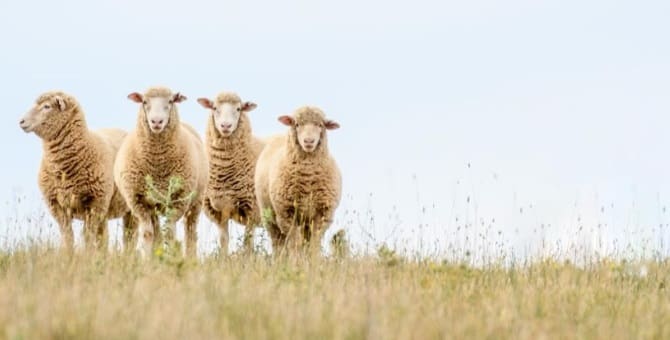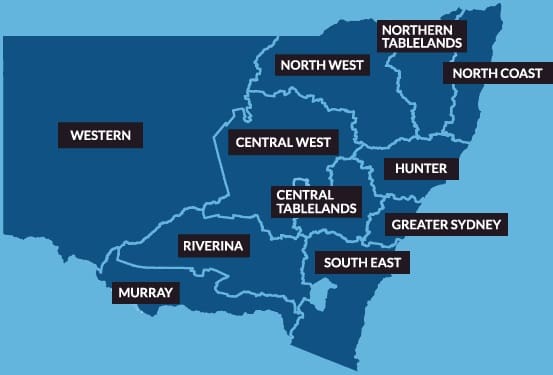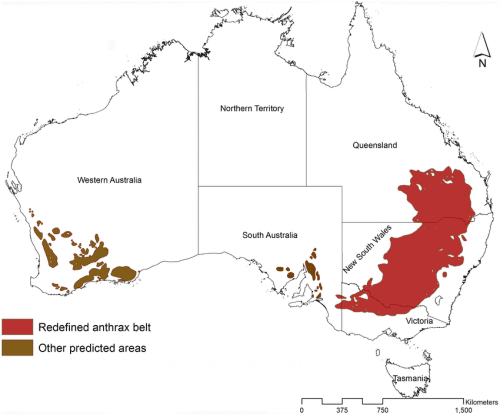
NEW South Wales livestock producers are again being urged to vaccinate their stock against anthrax after a case was confirmed in a sheep flock on a property with no previous record of the disease.
NSW Department of Primary Industries and Local Land Services made the call after confirmation of the first cases of anthrax in 2020.

The detection occurred in the Central Tablelands on a property with no previous record of anthrax. The affected animals were ewes that had not been vaccinated for anthrax.
NSW DPI also called for the state’s producers to vaccinate their stock late last year, following several cases.
Biosecurity measures at the affected Central Tablelands property, including stock movement restrictions and the vaccination of remaining livestock were immediately imposed, NSW DPI said.
DPI senior veterinary officer, Dr Graham Bailey, said while there are no general public health risks or trade implications from the detection it served as a timely reminder.
“Drought conditions create a favourable environment for anthrax infections so producers should consider vaccination to protect their livestock.
“Ingestion of soil by sheep, cattle and other ruminants is one of the key risk factors for anthrax, which is why drought conditions increase the risk,” Dr Bailey said.
Most recent case outside previously affected area

Dr Bailey said cases of anthrax in NSW tend to occur in an area which runs through the centre of the state, between Bourke and Moree in the north, to Albury and Deniliquin in the south.
“Anthrax can be prevented by annual vaccination of cattle and sheep. Producers in high risk locations are encouraged to consider vaccination.”
Other risk factors include a history of anthrax on the property, grazing stubble or very short pastures, low ground cover, deep cultivation or earthworks in paddocks, soil movement or exposure as a result of rain, contact with infected carcasses and alkaline soils which favour spore survival.
Central Tablelands Local Land Services district veterinarian Amy Masters said those wishing to vaccinate can apply to their Local Land Services district veterinarian.
“Once approved you can order the vaccine through your local rural supplier or private veterinarian,” Dr Masters said.
“Anyone who suspects anthrax must report it immediately by calling the Emergency Animal Disease Hotline on 1800 675 888.”
For more information about preventing anthrax, visit https://www.dpi.nsw.gov.au/ or call Local Land Services on 1300 795 299.
Source: NSW DPI and LLS.



HAVE YOUR SAY